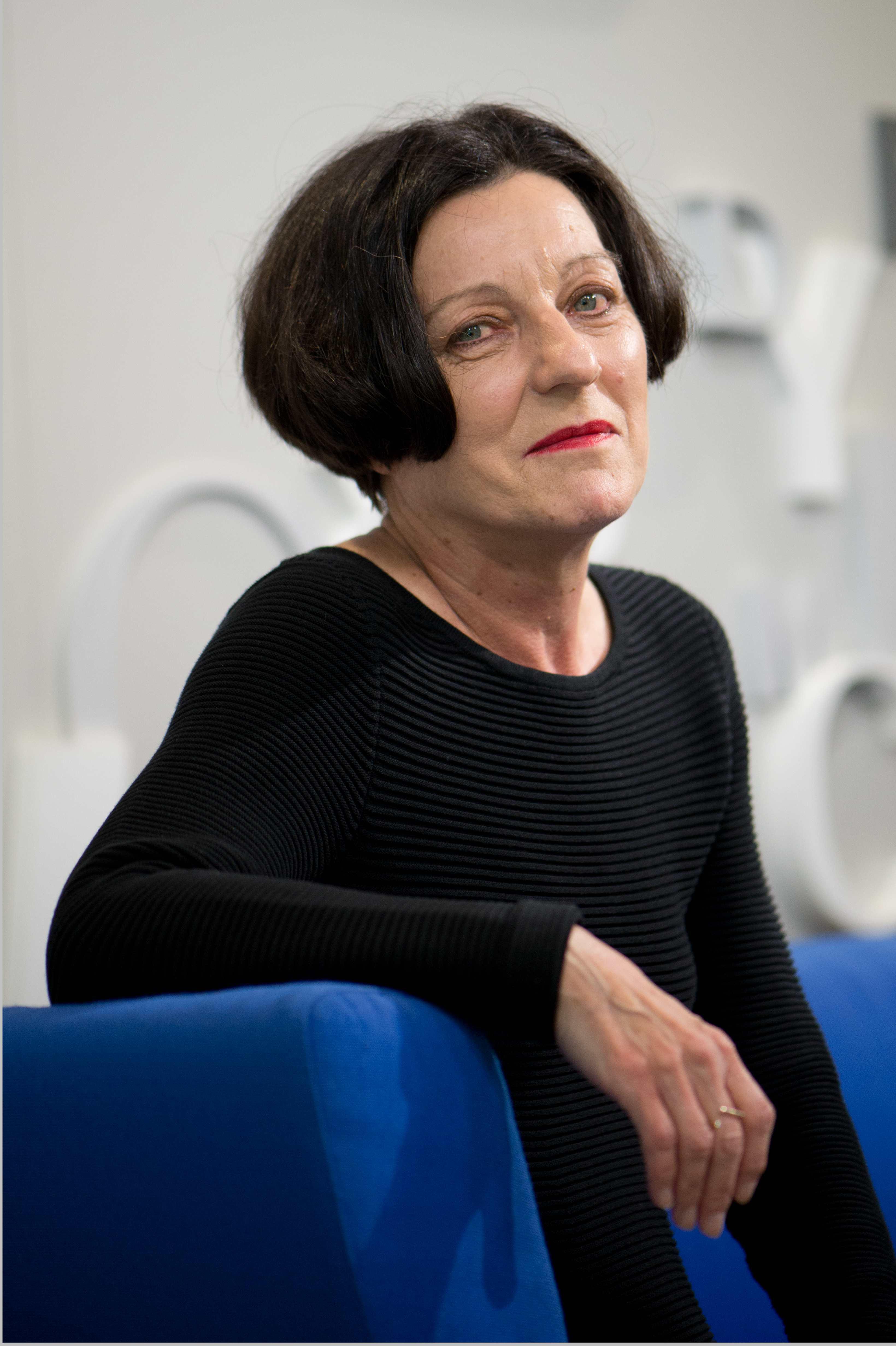Müller, Herta (1953-…), a Romanian-born German writer, won the 2009 Nobel Prize in literature. Her best-known fiction explores themes of exile, oppression, homeland, and personal identity. Müller, also spelled Mueller, lived in Romania during the dictatorship of Nicolae Ceauşescu from 1965 to 1989. Much of her work describes the brutal life she and other members of the German-speaking minority endured in Romania under Ceauşescu. Romanian authorities persecuted her and censored her writings because of her criticism of the government.

Müller was born on Aug. 17, 1953, in Niţchidorf, in the German-speaking region in western Romania. Her parents were German farmers. Müller studied German and Romanian literature at the university in Timişoara. She began working as a translator for a machine factory in 1977. She lost her job in 1979 after she refused to cooperate with the government secret police. She supported herself by teaching young children and by giving lessons in German.
Müller’s first book was a collection of short stories that portrayed harsh life in a German-speaking village in Romania. The book was published in a censored version in Romania in 1982. It was published in an uncensored version smuggled into Germany in 1984. It was issued in English as Nadirs in 1999. After a second collection of stories, Oppressive Tango, was published in 1984, the government banned Müller from publishing. Her first novel was published in Germany in 1986 and translated into English as The Passport (1989).
To escape continuing government oppression, Müller fled from Romania to Germany in 1987 with her husband, German author Richard Wagner. There, she held lectureships at several universities and wrote a number of highly praised novels. Traveling on One Leg (1989, translated into English in 1998) describes the life of a woman born to a German family in Romania. She settles in Germany but feels politically and socially isolated there. The Land of Green Plums (1994, translated into English in 1996) follows a group of young people in Ceauşescu’s Romania. It shows the damaging effects of an oppressive society on the individual. The Hunger Angel (2009, translated into English 2012) tells the story of a 17-year-old Romanian boy forced to work in a labor camp in the Soviet Union.
Müller’s poetry has been collected in A Lady Lives in the Hair Knot (2000). Many of her essays were published in Hunger and Silk (1995) and The King Bows and Kills (2003).
